Essential Guide to Feather Plucking Behavior in Parrots
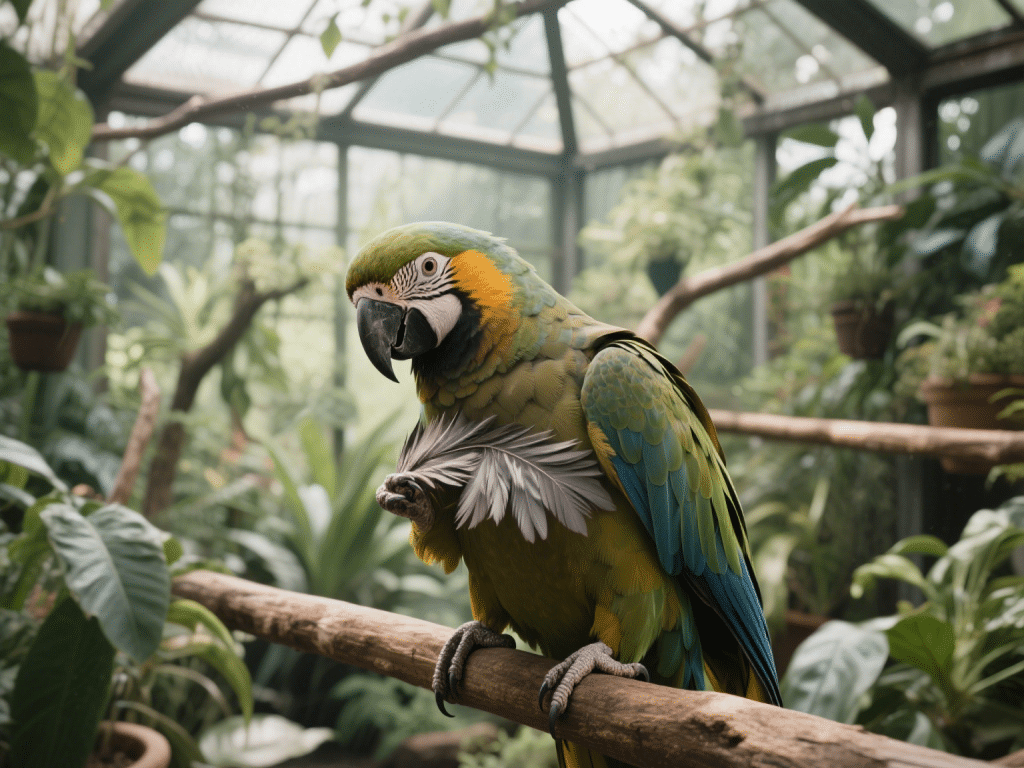
Feather plucking in parrots is a complex, multifactorial behavior affecting up to 20% of captive birds. As an avian behavior consultant with field experience in sanctuaries, I dissect environmental, social, and physiological triggers, then prescribe targeted interventions. This guide demystifies plucking and equips you with humane, evidence-based countermeasures.
1. Medical Evaluation First
Rule out skin infections, mites, or nutritional deficiencies via veterinary exam and bloodwork. Treat underlying issues before behavioral modification.
2. Environmental Enrichment
Foraging feeders: Hide treats in shreddable foraging toys to redirect beak activity.
Visual barriers: Partial cage covers mimic natural dens, reducing stress from constant stimuli.
3. Social Interaction and Training
Positive reinforcement: Reward non-plucking behaviors—step-up, target training.
Consistent schedule: Regular play and social time reduce boredom-induced plucking.
4. Nutritional and Supplement Support
High-quality pellets: Ensure balanced nutrition; avoid seed-only diets.
Omega-3 supplements: 0.1 mL fish oil per 100 g body weight twice weekly to improve skin and feather health.
5. Light and Sleep Hygiene
Maintain 10–12 hours of uninterrupted darkness. Use full-spectrum lighting with 12-hour cycles to mimic natural photoperiods, supporting hormonal balance.
6. Professional Behavior Therapy
If self-directed feather destruction persists, consult an avian veterinary behaviorist for possible SSRI or antianxiety medication as adjunct to behavior plans.
Conclusion:
By systematically addressing medical, environmental, social, and nutritional factors, you can significantly reduce feather plucking in parrots, restoring both plumage and partnership.

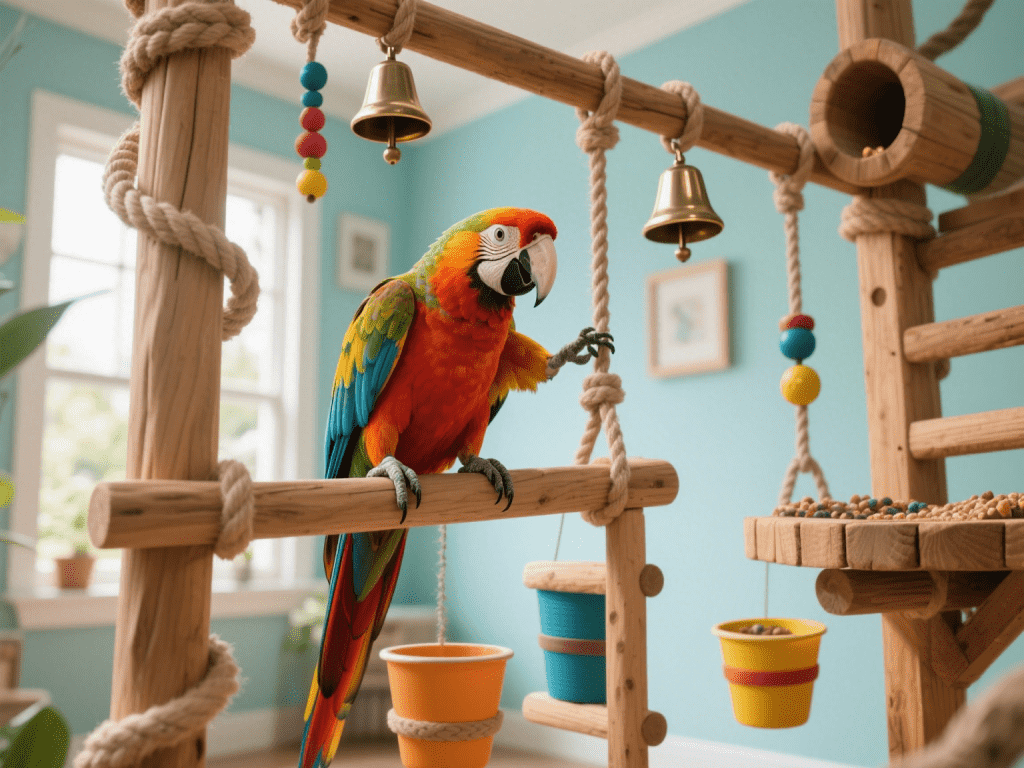
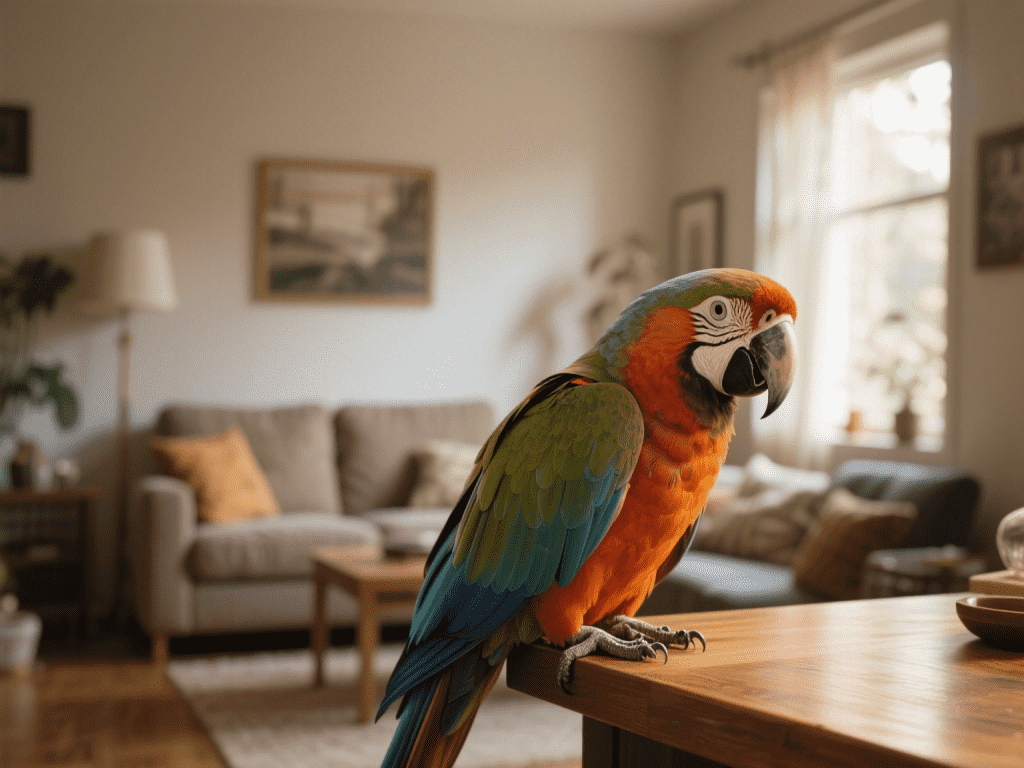
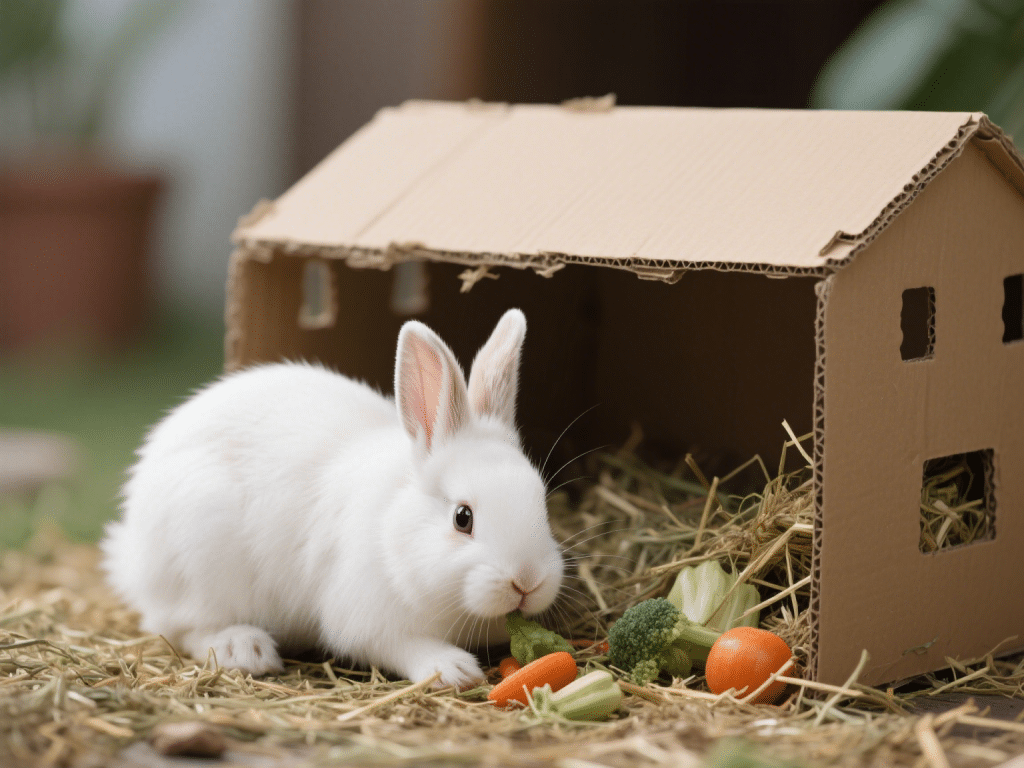
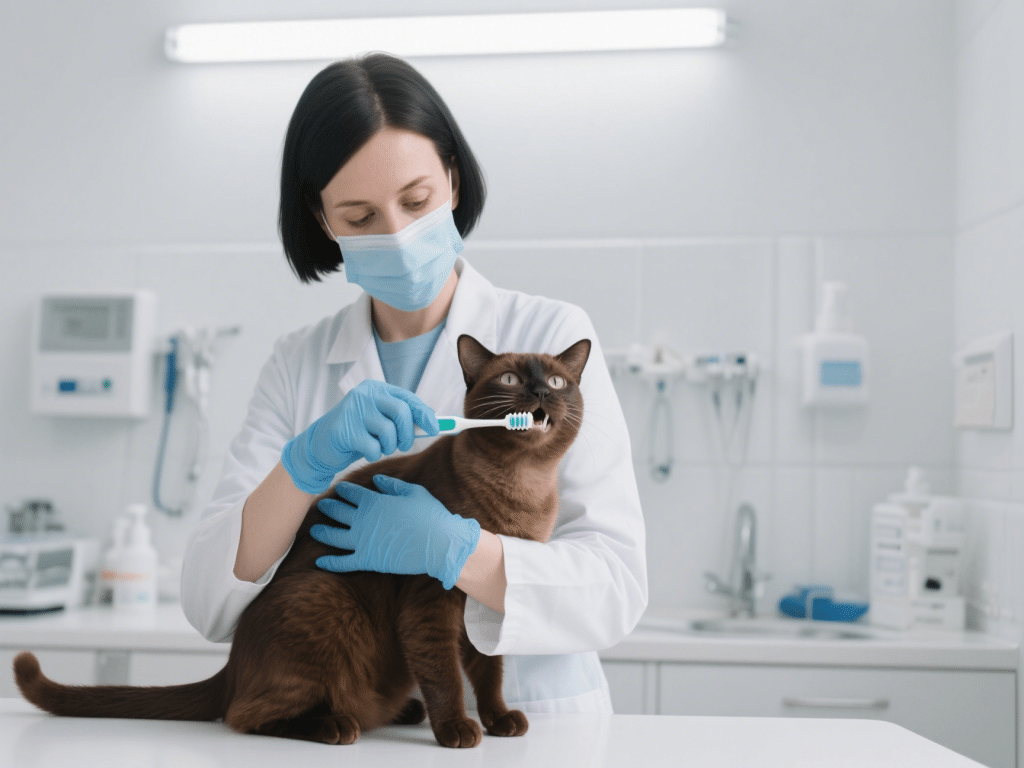
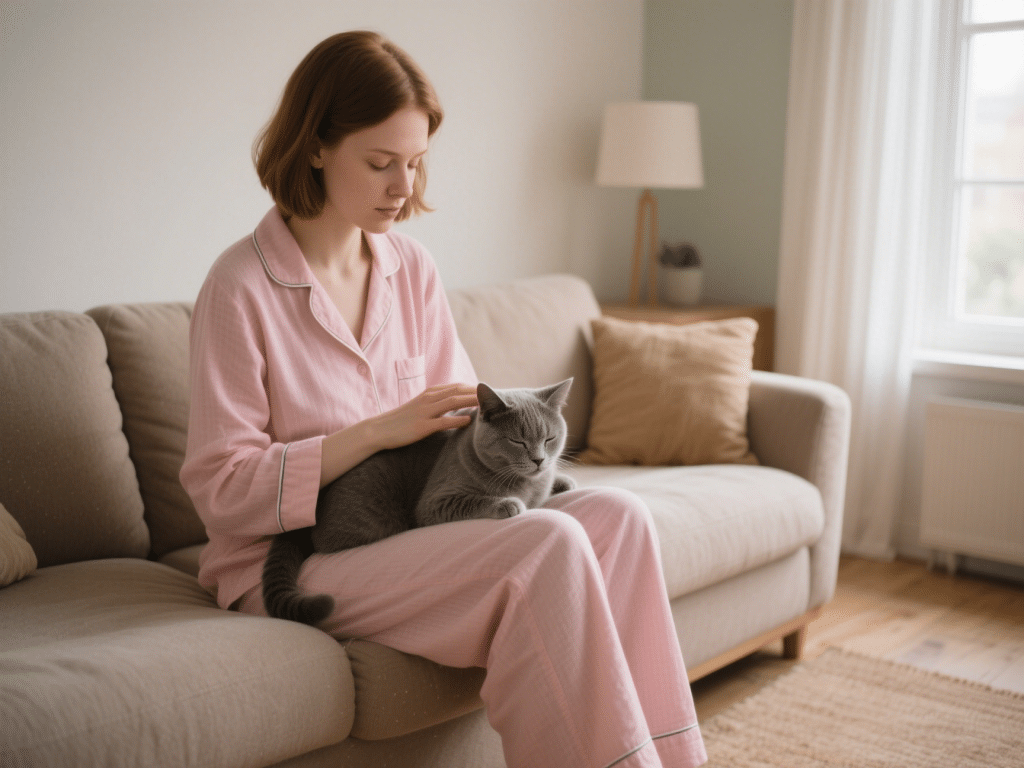
Comments on "Essential Guide to Feather Plucking Behavior in Parrots" :